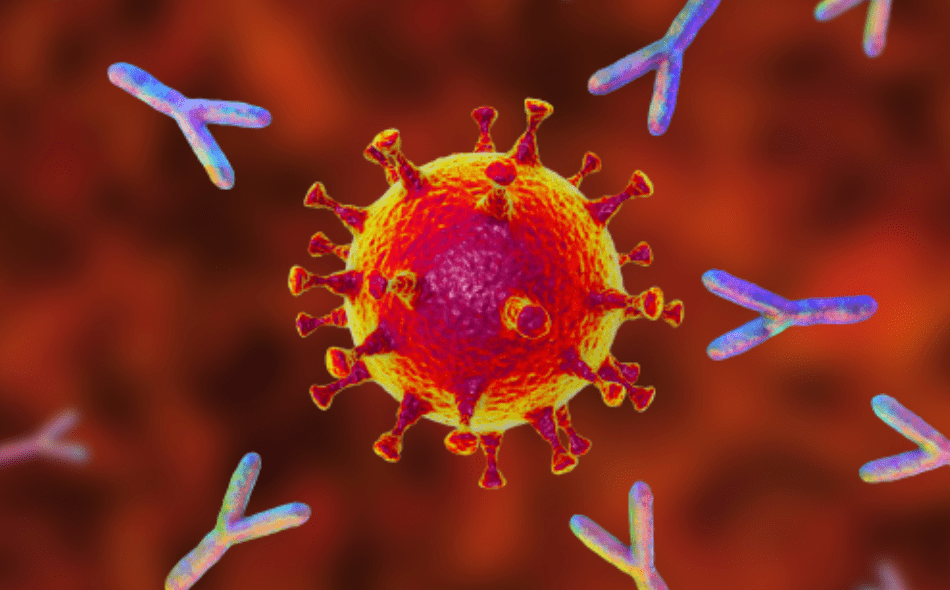Antibodies carry 500 million years of immune system evolution, refers the company OmniAb, who highlights the following about the therapeutics market.
In 2021, approved antibody-based therapies accounted for more than $215 billion in sales, according to data published by La Merie Publishing.
Also according to La Merie Publishing, in 2021, 49 antibody-based therapeutics achieved blockbuster status with sales exceeding $1 billion, up from 41 antibodies in 2020.
In addition, Fatpos Global estimates that sales of antibody-based therapeutics are expected to grow to approximately $365 billion by 2030.
According to Vaccines magazine, antibodies are one of the fastest growing types of drugs and are used in many therapeutic areas, including oncology, inflammation and neurodegeneration.
EvaluatePharma data indicate that monoclonal antibodies have accounted for the majority of the top 10 best-selling drugs over the past five years.
Despite advances in other therapeutic modalities, investment in antibodies has accelerated over the past decade, which has translated into clinical productivity and, ultimately, new drug approvals.
Therapeutics market
According to data from the Antibody Society, the number of antibodies in the clinic has increased at an estimated Compound Annual Growth Rate of 11%, from approximately 500 in 2015 to approximately 950 in 2021.
The expansion of clinical development has led to an accelerated pace of regulatory approvals.
The FDA approved the first therapeutic antibody in 1986. In 2015, the FDA approved its 50th antibody, and six years later, in 2021, it approved its 100th antibody.
Antibodies are blood proteins produced by the adaptive immune system in response to a specific foreign antigen, and bind to substances that the body recognizes as foreign, such as bacteria, viruses, cancer cells and blood proteins.
Antibodies can also be used to target cell surface proteins critical for biological functions and disease.
Human Body
The immune system creates antibodies through a process of random mixing of DNA fragments known as V(D)J recombination. During this process, two separate genes, called V(D)J recombination genes, join together to form an antibody.
During this process, two separate genes, called the heavy and light chain, are assembled to create a Y-shaped antibody protein.
The mixture of these DNA fragments, as well as random DNA insertions, deletions and modifications, give rise to more than 100 trillion different antibodies.
At any given time, the human body typically has approximately 1 billion different antibodies circulating in the bloodstream.
Each antibody is created by an immune B lymphocyte. When the B cell expressing the antibody binds to an antigen, the B cell rapidly proliferates and differentiates into a family of closely related cells that produce slightly differentiated antibodies.
This iterative process preferentially selects antibodies that are naturally optimized to be most effective in neutralizing the specific antigen.
This process, termed in vivo affinity maturation, has evolved over 500 million years to naturally select antibodies optimized for their intended function.
![]()

